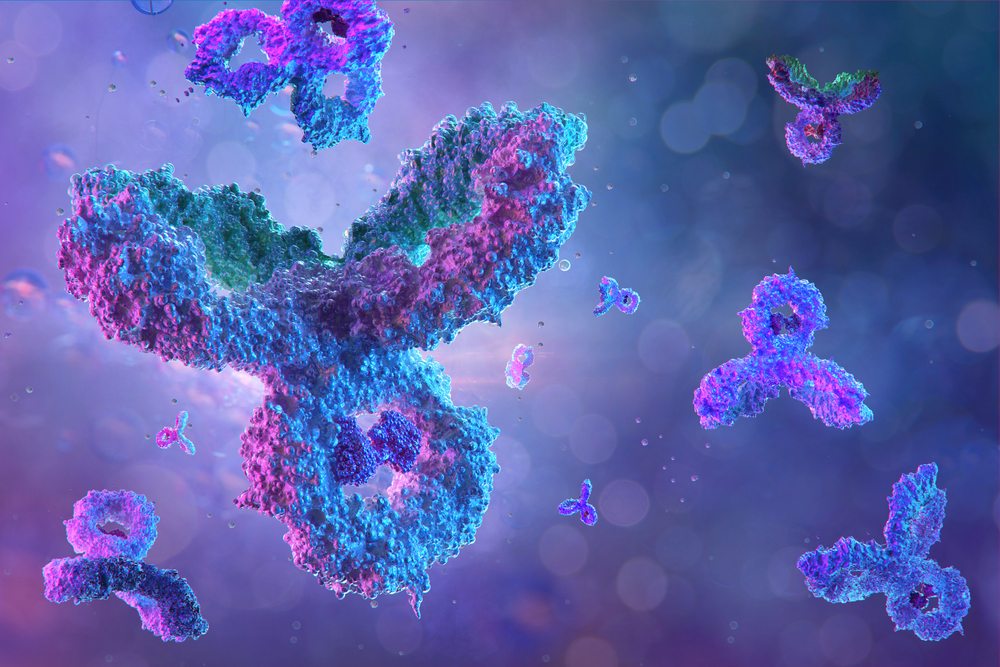
Summary
What are blood groups and why are they important?
Blood is made up of different cells including red blood cells, white blood cells and platelets suspended in a liquid called plasma. All cells have protein markers called antigens on their surface.
The surface of every red blood cell is coated with these marker antigens. Everyone has their own set of antigens which are inherited from their parents. There about 30 blood group types, but A, B, AB and O are the most common.
Each of these blood types is then further classified according to its Rhesus D (RhD) factor. RhD is another marker antigen on the surface of red blood cells, and you are either RhD positive or negative.
If you are RhD-positive your blood cells have RhD antigens. If you are RhD-negative, your blood cells do not have the RhD antigen.
For more information on how blood groups are identified, and blood group antigens, see Blood group antibody screen.
Why get tested?
Your immune system protects you by making antibodies to attack substances that are foreign to your body and could be harmful to you. This includes infections like viruses and bacteria and possibly toxic substances. It does this by targeting marker antigens which are found on the surfaces of most cells. Blood cells with marker antigens that are different from your own can also be attacked.
Blood transfusion
If you are having a blood transfusion your immune system can attack transfused blood from a donor if it is different to yours.
Blood compatibility in pregnancy
If you are pregnant, and your baby has inherited a type of RhD factor from their father that is different to yours, the baby can be harmed. RhD incompatibility is not common. Most people are RhD-positive and only those pregnant women who are RhD-negative are at a risk.
If you are RhD-negative and the father of your baby is Rh-positive your baby can inherit RhD-positive blood from their father. Your immune system can attack the baby’s blood by making anti-RhD antibodies.
RhD incompatibility is usually not a problem if this is your first pregnancy. This is because your baby's blood would not normally enter your own blood system. It is during the birth that your baby’s blood is most likely to mix with yours.
In this first pregnancy, your body does not have a chance to make a lot of antibodies but if treatment is not given and if in future you carry another baby with different RhD factor to your own, your antibodies will recognise the RhD proteins on the baby's blood cells as foreign and attack those cells.
This is known as haemolytic or RhD disease of the newborn. This is serious type of anaemia in which the baby’s red blood cells are destroyed faster than the body can replace them.
Once you have red blood cell antibodies, they stay with you for life.
Having the test
Sample
Blood.
Any preparation?
None.
Your results
The red cell antibody screen can check to see if you have made antibodies.
Blood transfusion
If you have antibodies to certain red blood cell antigens your results will be used to select blood that is safe for you to have.
Pregnancy
If an antibody is found, your medical team will monitor your pregnancy to minimise any risk. You will be given RhD immune-globulin treatment during your pregnancy to protect your baby from the antibodies. This acts like a vaccine.
Questions to ask your doctor
The choice of tests your doctor makes will be based on your medical history and symptoms. It is important that you tell them everything you think might help.
You play a central role in making sure your test results are accurate. Do everything you can to make sure the information you provide is correct and follow instructions closely.
Talk to your doctor about any medications you are taking. Find out if you need to fast or stop any particular foods or supplements. These may affect your results. Ask:
More information
Pathology and diagnostic imaging reports can be added to your My Health Record. You and your healthcare provider can now access your results whenever and wherever needed.
Get further trustworthy health information and advice from healthdirect.
What is Pathology Tests Explained?
Pathology Tests Explained (PTEx) is a not-for profit group managed by a consortium of Australasian medical and scientific organisations.
With up-to-date, evidence-based information about pathology tests it is a leading trusted source for consumers.
Information is prepared and reviewed by practising pathologists and scientists and is entirely free of any commercial influence.